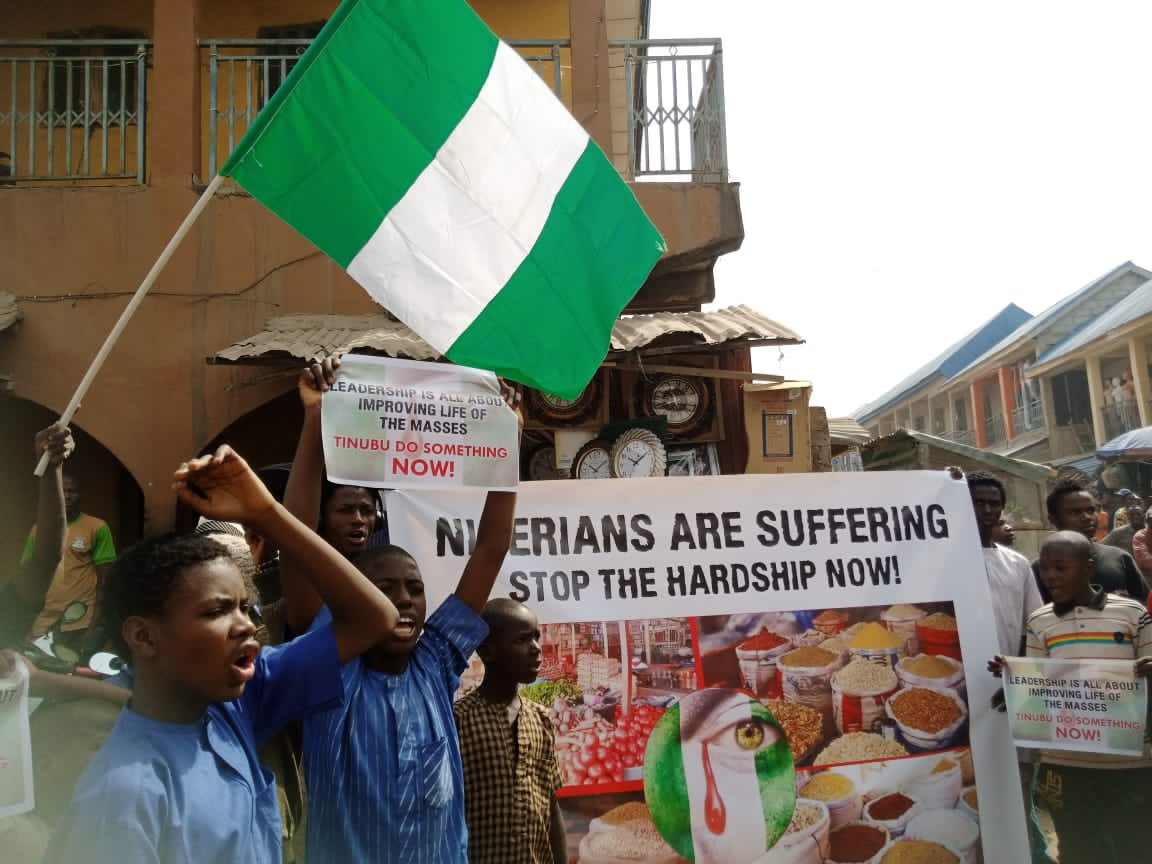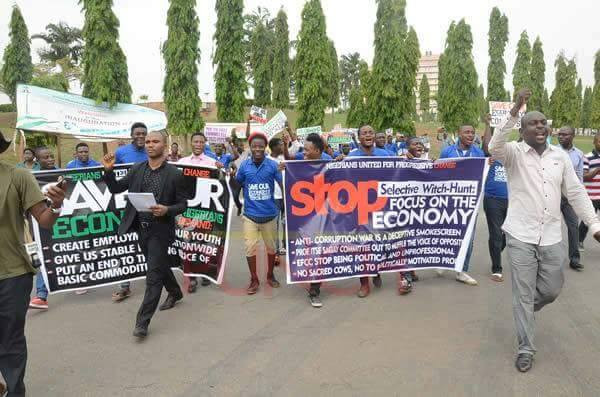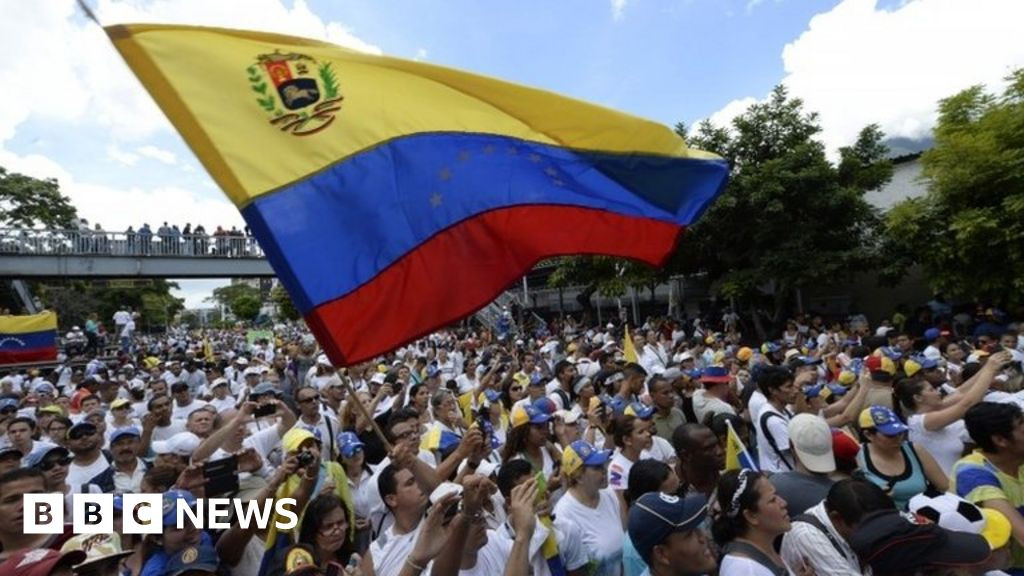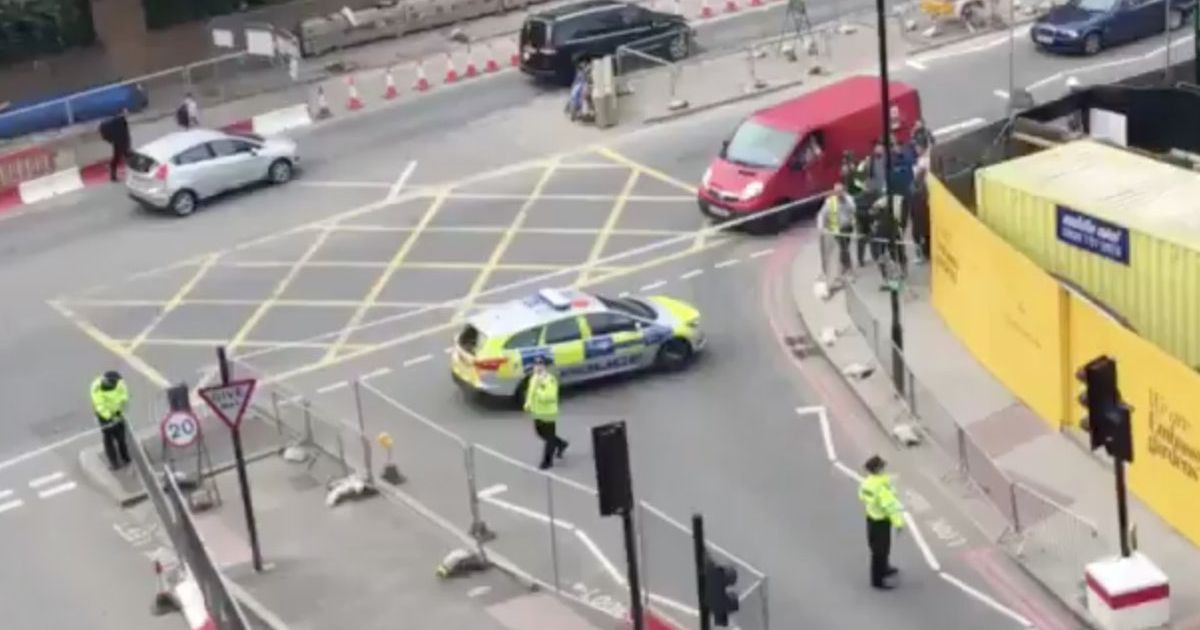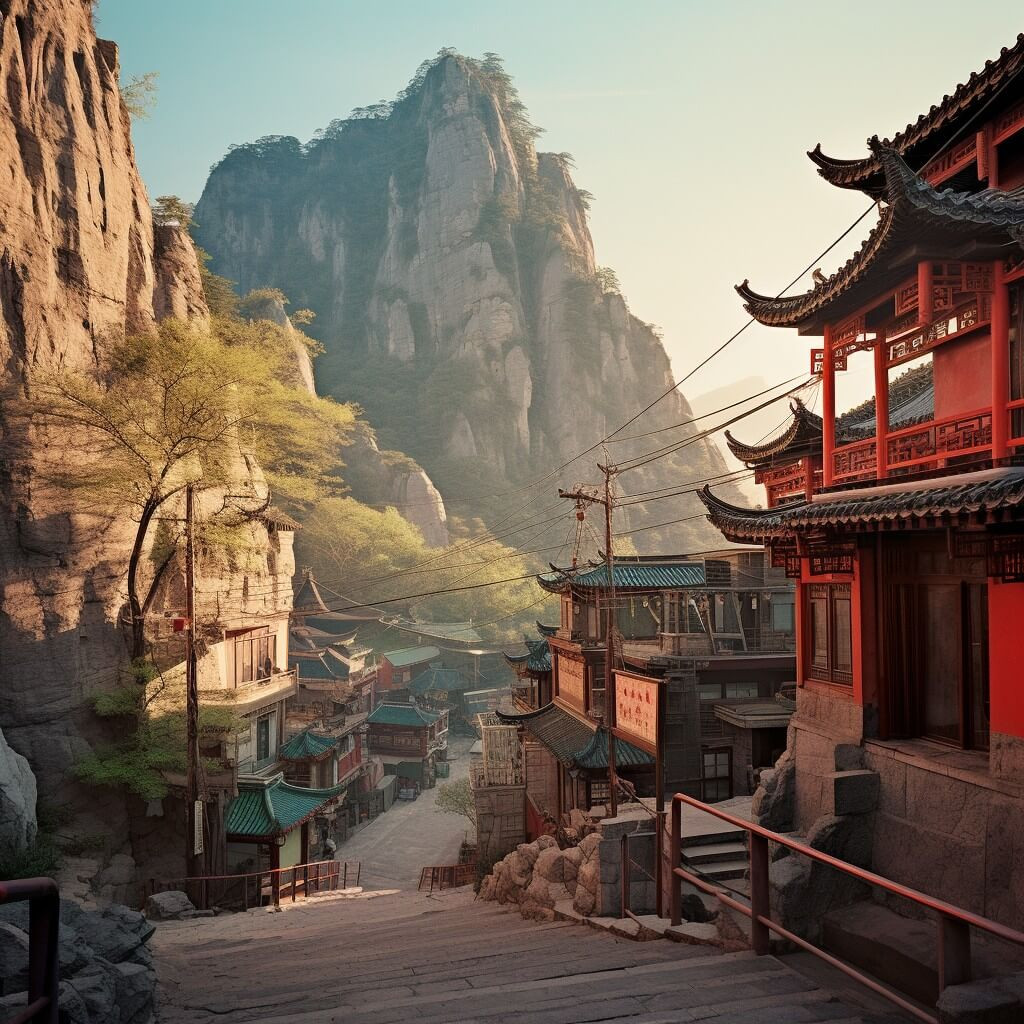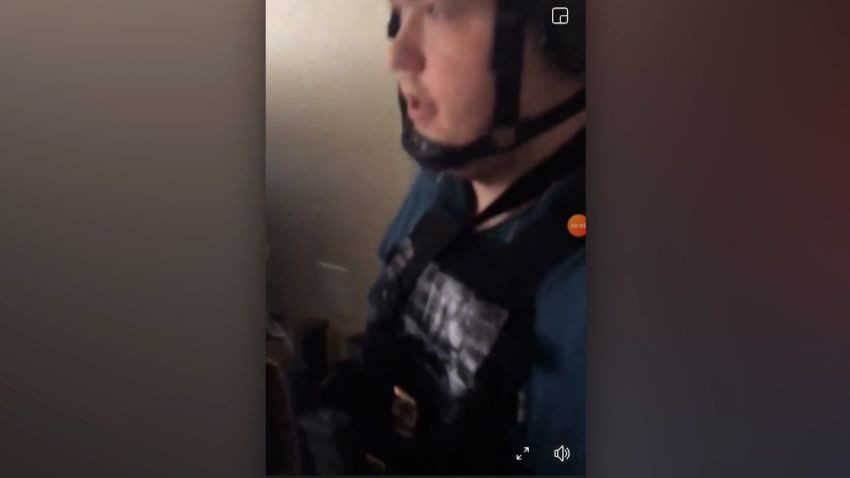Why Nigerians Plan to Protest on August 1
Nigerians are facing their worst economic crisis in decades, with inflation at a staggering 34.19%, the highest in almost three decades. Food prices have skyrocketed, making it difficult for people to afford basic necessities like food, water, and clothing.
In response to the worsening economic conditions, the Take It Back Movement, one of the groups organizing the protests, is demanding that the government address the cost-of-living crisis and provide free education at all levels.
"We just dey demand for di reversal of di tins wey dey make tins expensive," said Banwo Olagokun, a 36-year-old activist involved in the movement.
The movement also has other demands, including scrapping the country's 1999 constitution, allowing Nigerians living abroad to vote in elections, and releasing the detained Biafran separatist leader Nnamdi Kanu.
Government's Response and Warnings
The planned protests have drawn the attention of the Nigerian government, which has held several emergency meetings to discuss how to respond.
President Bola Tinubu has appealed to the organizers to cancel their plans and exercise patience. Several state governors have also spoken out, discouraging people from taking to the streets and warning of potential violence.
The government has also announced various measures aimed at appeasing the public, including reopening applications for financial support for businesses and opening up job applications at the state oil company, the Nigerian National Petroleum Corporation.
Protest Organizers' Determination
Despite the government's warnings, protest organizers remain determined to go ahead with their plans. They argue that the government's offers are not enough and that the protests are necessary to force the government to take action.
"We get pipo on ground and already di goment dey grant concessions and advertise jobs here and dia," said Juwon Sanyaolu, the national coordinator of the movement.
Underlying Economic Causes
Nigeria's economic difficulties are attributed to several factors, including the government's decision to end the fixed exchange rate of the naira to the US dollar, the removal of fuel subsidies, and the impact of the ongoing security crisis in the country.
Concerns over Potential Violence
Some people fear that the protests could lead to a repeat of the violence that occurred during the #EndSARS protests in 2020, which began as peaceful demonstrations against police brutality but later turned violent after the security forces opened fire on protesters.
The military and police have warned that they will intervene to prevent any violence during the protests, while organizers have dismissed these warnings as attempts to suppress dissent.
Protest Organizers Cite Karl Marx
Despite the potential risks, protest organizers remain defiant, citing Karl Marx's words that "the protesters have nothing to lose but their chains" and a hymn that declares, "A man wey dey down, no dey fear to fall. We dey down already, so we don lose our fear."




